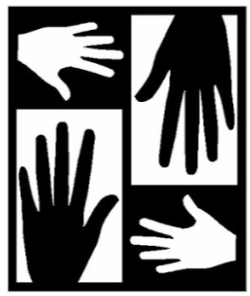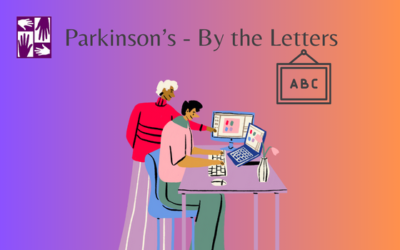October 22, 2017

Mom, who has Alzheimer’s disease, asks you when you will be taking her back to her home in Portland. The problem is, Mom now lives with you and her home in Portland was sold years ago. How do you respond? While most of us have been taught to “never tell a lie,” especially to our parents, this advice may be counterproductive when caring for someone who suffers from moderate dementia.
A person with moderate dementia cannot rely on their memory or judgment to make sense of the world around them. Their ability to remember facts and use logic and reasoning is severely compromised. Telling them the truth, and trying to bring them back to our reality, does not necessarily serve them well or make them feel better. In fact, it may make them feel worse and contribute to increased confusion and agitation.
In the above scenario, consider what would happen if you were to respond to your mother honestly. “Mom, you can’t live alone anymore. You started a fire in your house and so I moved you down here with me. I had to sell your home.” This “truthful” response could cause her to feel hopeless, betrayed, angry and more confused. Even if she accepts the explanation in the moment, she may not remember and will ask you again.
A more effective way to handle this question might be to address the question and re-direct her attention. For example, “Mom, it sounds like you are missing your home in Portland. Tomorrow we can look into a visit, but right now let’s have some tea (substitute any activity that will distract her attention away from the subject of the house in Portland.) Using the techniques of validation and distraction or redirection serve to make the person feel heard but maintain a state of calmness.
Withholding the truth is often difficult for family members and caregivers. However, we need to consider the ultimate goal: to prevent the person with dementia from feeling more anxious or upset. We need to remember that we are not willfully being dishonest or untruthful. Rather, we are recognizing the symptoms of the disease of dementia. We are managing these symptoms in a way that minimizes our loved one’s discomfort. We are helping to provide a safe and emotionally calm environment for our loved one.
Telling them the truth, and trying to bring them back to our reality, does not necessarily serve them well or make them feel better.
Related Articles
April is Parkinson’s Disease Awareness Month
Approximately one million Americans are living with Parkinson’s today and nearly 90,000 new cases are being diagnosed each year. On this blog, we spell out some of the ABC’s of the disease.
March is Colorectal Cancer Awareness Month
On a semi-monthly basis, we at Senior Alternatives like to bring awareness to the public about certain medical conditions that affect adult children or elders. This month of March we bring our focus to gut health and cancer screening.
February is American Heart Month
This month we want to heighten awareness about heart health, especially for women.




